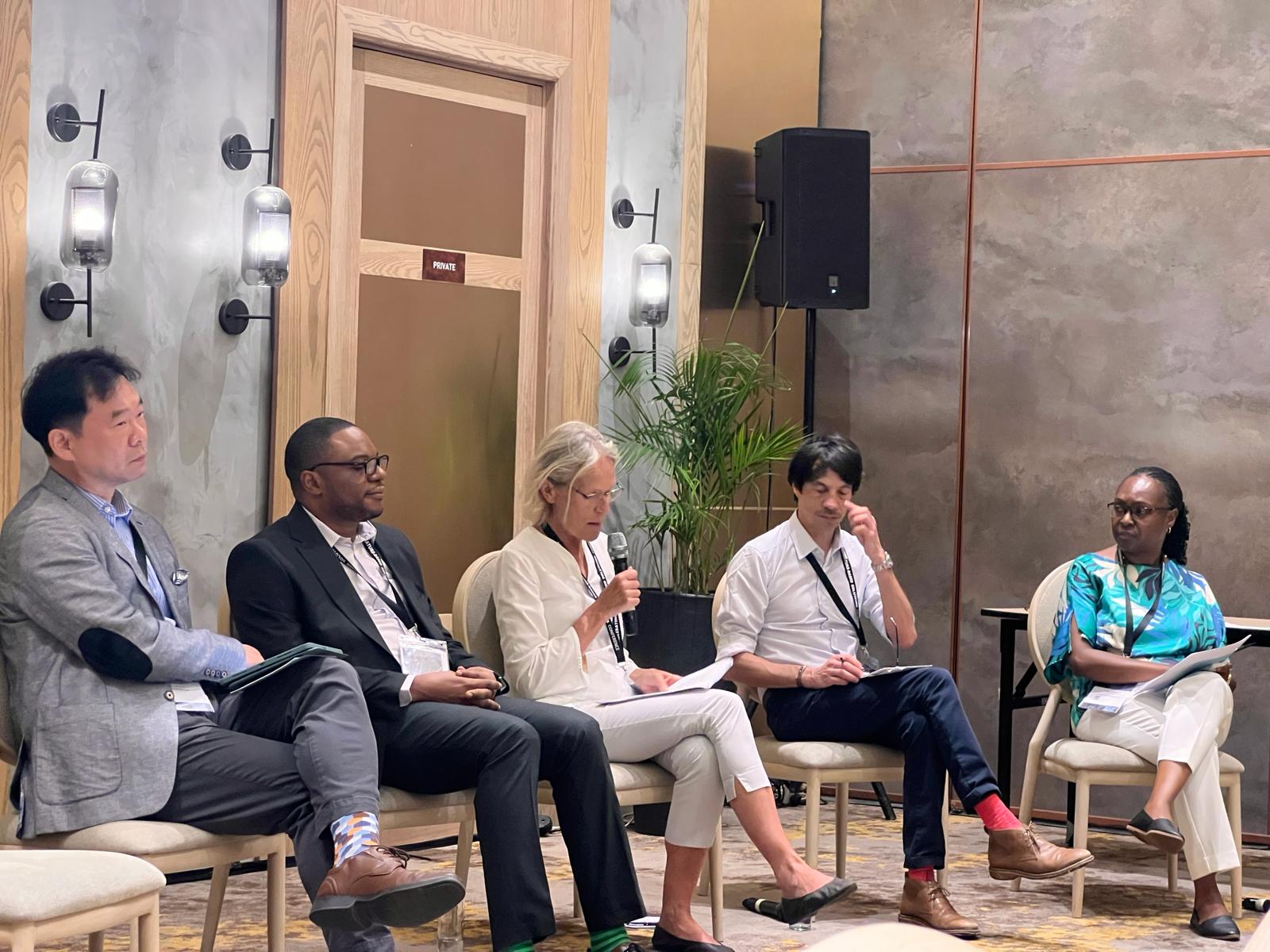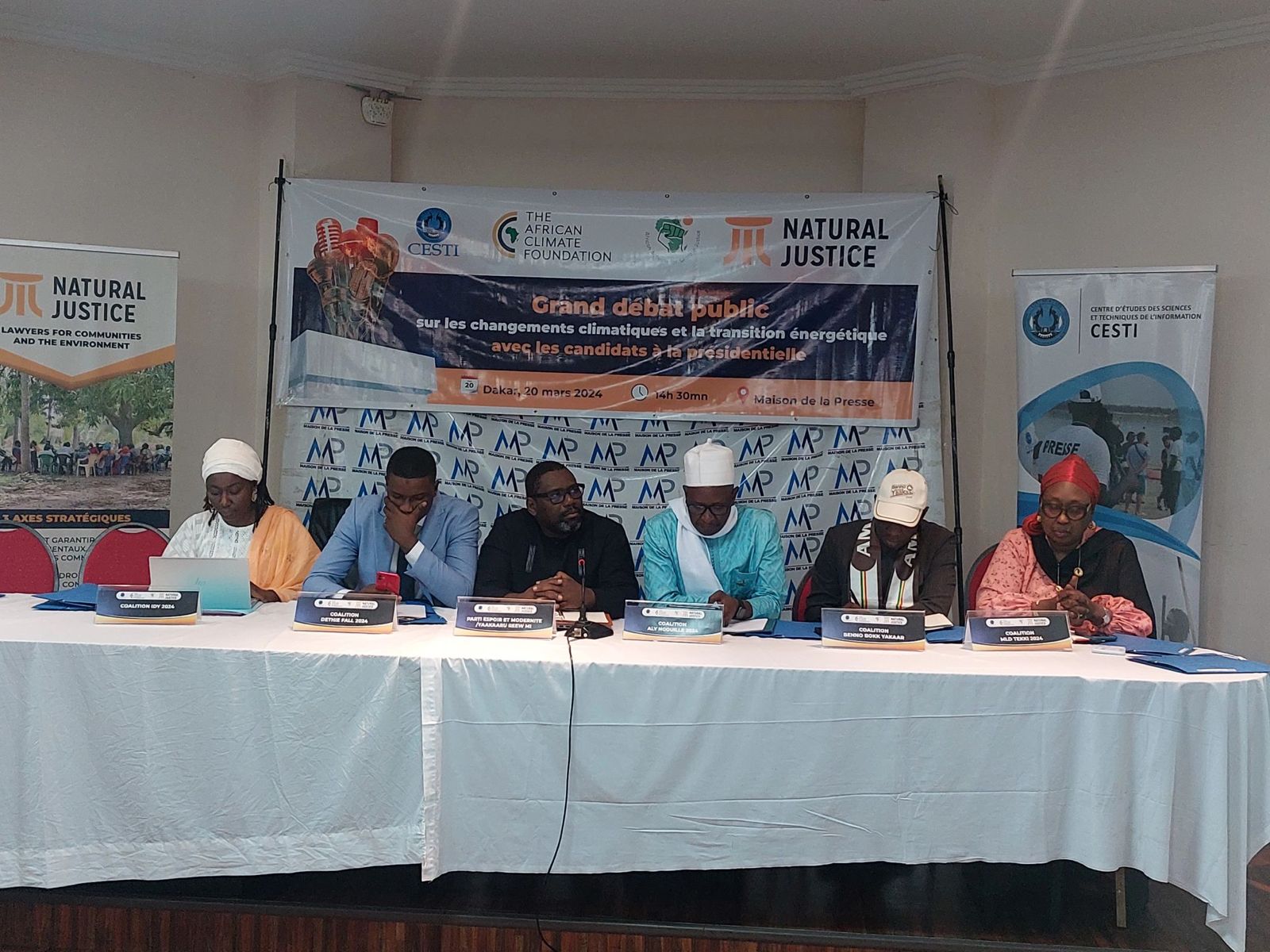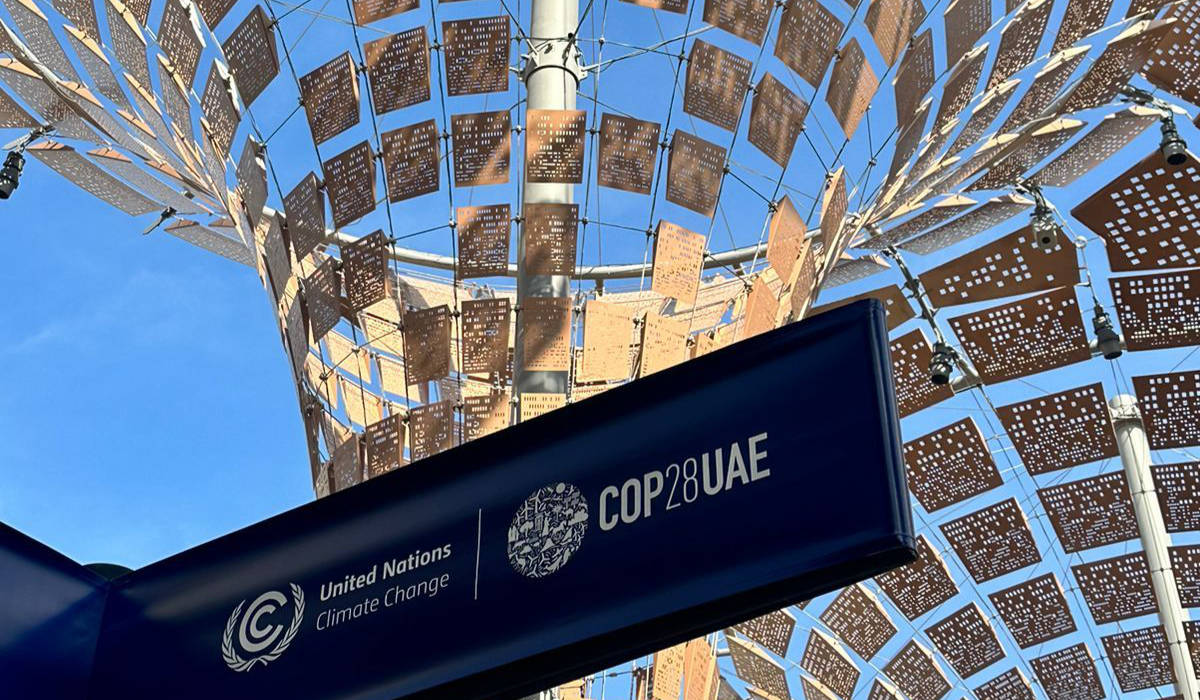Developed countries must make more progress if a $100bn a year climate finance commitment, struck 12 years ago, will be honoured.
The Climate Finance Delivery Plan released last week found that promises around climate funding made by rich countries have been broken.
In 2009 at the Copenhagen climate summit developed countries pledged at least $100bn a year from both public and private sector sources to the developing world by 2020.
The report found a shortfall in mobilising the promised climate finance by that date, and puts forward a plan to get the necessary finance needed by 2025. The current pledge era stretches to 2025, whereafter a new, higher figure will kick in.
If the current promises are to be met, the report recommended that developed countries should jointly marshall $1.3tn per year by 2030, of which 50% should go towards mitigating climate change and 50% towards adapting to climate change.
The report, ahead of the UN’s COP26 climate talks that started in Glasgow on Sunday, sparked a debate around how rich countries could do more to help poorer countries tackle a climate crisis that is not of their making.
These funds could be applied to cut greenhouse gas emissions and cope with the impacts of the climate crisis. The report confirmed that climate finance plays a critical role in supporting developing countries to address climate change.
John Nordbo, senior climate advisor with aid group CARE International, said it was “shameful” that rich countries are only now owning up to the shortfall – a week before COP26 – when they made these promises 12 years ago.
The unfulfilled promises, critics say, have endangered developing nations’ trust in the landmark Paris climate deal.
Alok Sharma, the senior British official who will preside over COP26, admitted that rich countries’ failure to meet the promises was “a source of deep frustration” among developing countries.
Climate finance will cost an estimated $500bn over five years, according to the report, to properly tackle the climate crisis and help countries adhere to the 1.5-degree target as envisioned by the Paris agreement, according to the report.
Analysts expect the focus to shift back to climate finance this year, and the pledges the developed world had made.
Up to now, middle-income countries have received the lion’s share of available climate finance. Investors were drawn to their established markets, where renewable energy could easily turn a profit.
Impoverished countries with their infrastructure challenges have been the poor cousins of the climate finance world, something the report says has to change for a global climate transition to succeed. COP26 will have to make this a focus area, Sharma said.
The report, compiled by the German and Canadian governments at the request of the presidency of COP26, proposes a Climate Finance Delivery Plan. This plan outlines a path to achieving an average of $100bn per year for the period 2021-2025. It is based on statistics from the Organisation for Economic Co-operation and Development (OECD).
Sharma hoped the delivery plan would “restore trust” between richer and poorer governments.
Jochen Flasbarth, state secretary at Germany’s environment ministry, wrote in the introduction of the report that “a lot of work remains” to make good on the climate finance pledge by 2025.



